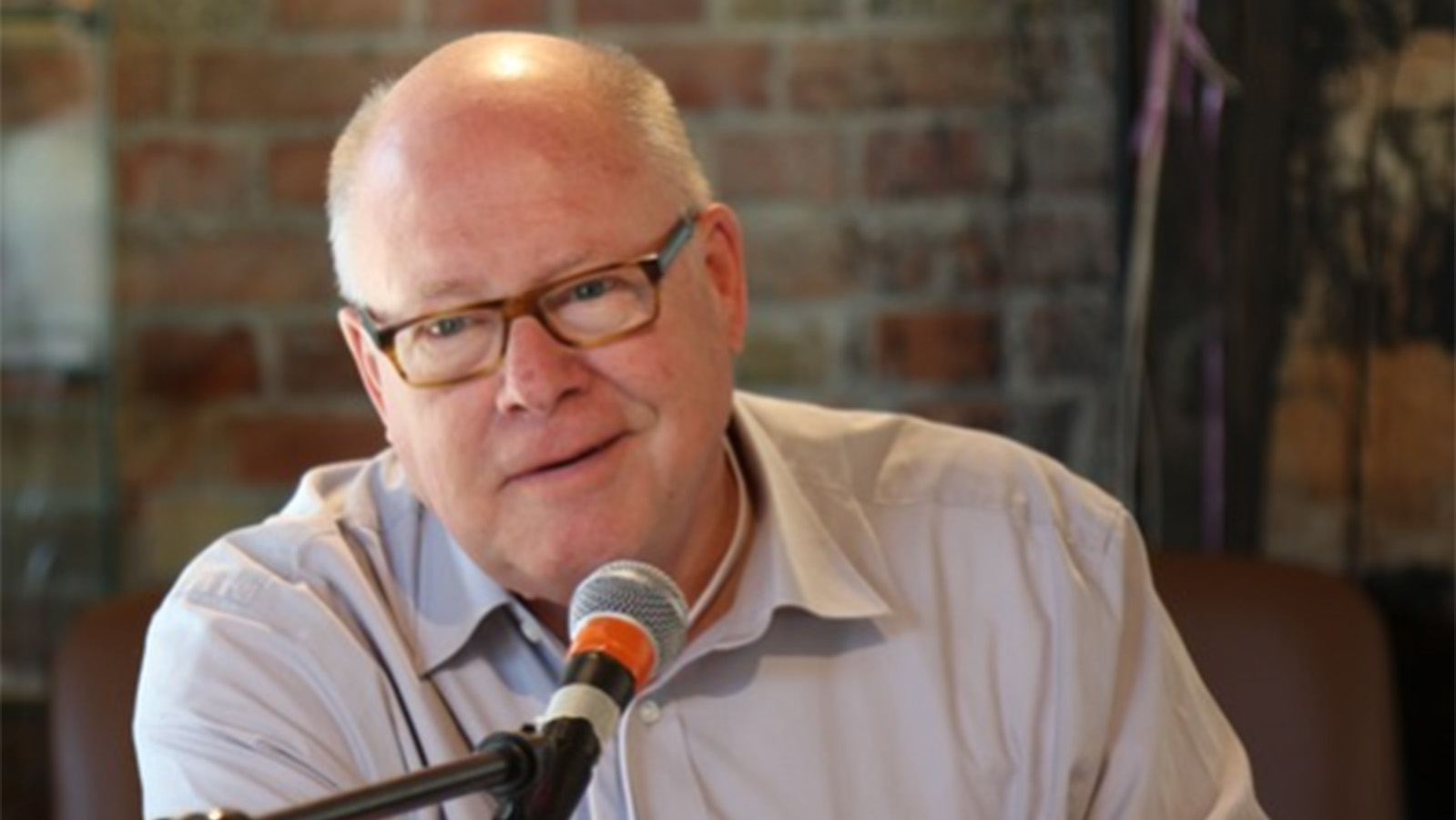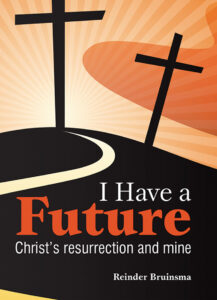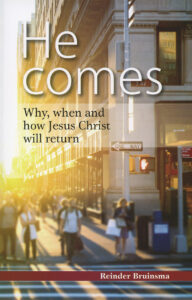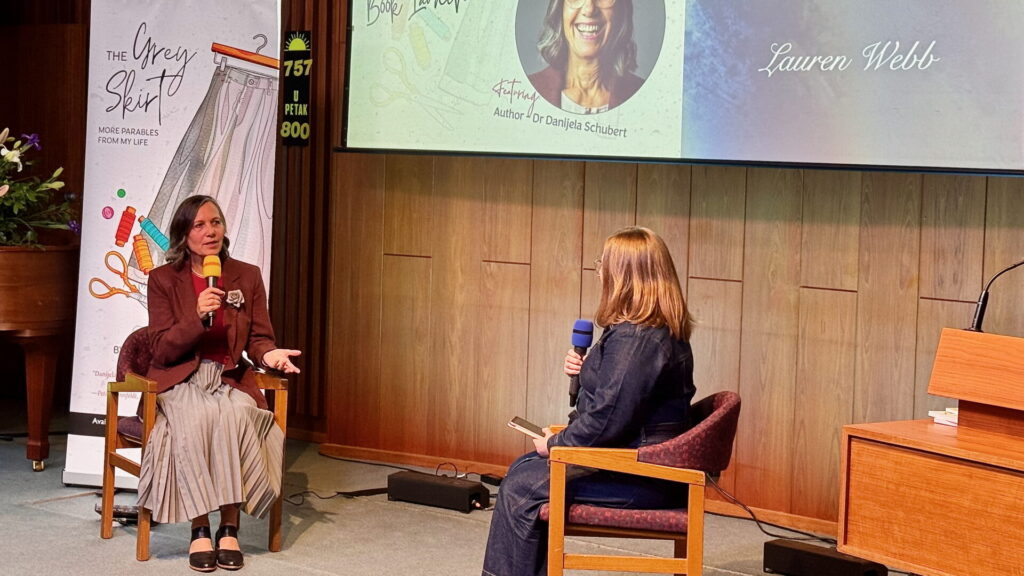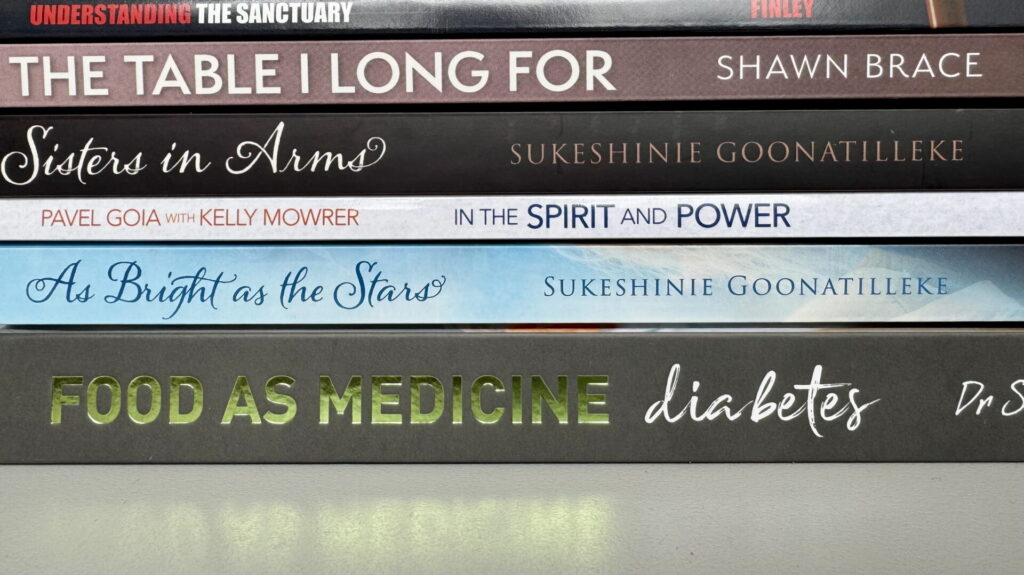Dr Reinder Bruinsma is a retired church administrator and academic in The Netherlands, who continues to write and teach. He talked with about his recent book projects, as well as their links to his life and experience.
What have you been working on amid the pandemic?
During the pandemic life came to a standstill in many ways. My regular preaching appointments were largely replaced by sermons via Zoom or via other digital platforms. I missed the invitations to preach in many of our Dutch churches and elsewhere in Europe. Everything became digital, including some teaching stints at our German university, Friedensau, and ministerial meetings in a number of countries. I am relieved that we can have physical meetings again.
How did your two new books fit among these disruptions?
Writing took up a fair amount of my time during the past two corona-years. That included a significant number of popular articles and a few more academic pieces. But my main writing projects were these two books. I wrote both books first in English and then prepared the Dutch editions. The books are currently being translated into other European languages
Why are these more than theological questions?
The topic of the resurrection is not only an important theological theme, but it first of all is of existential concern. I realise I am getting older and that death is inevitably coming closer, so the question of what comes next becomes ever more urgent. I have been a believer all my life but, when push comes to shove, can I be really sure that I have a future beyond death? Writing about this topic was a personal quest. And, of course, I realised that my future beyond this life depends on whether Jesus really rose from the dead. The process of reading, thinking and writing this book happened in a very personal context. It helped me greatly in finding a deeper assurance than I had before, and I hope that I Have a Future may help many others in the same way, including Adventists, other believers and even some non-believers.
These are traditional theological themes in Adventism—what is there more to say about them?
The decision to write a book about death and resurrection was also motivated by the fact that I wondered more and more why in recent times hardly any books were published in our church about this key facet of our faith. This realisation also motivated me to write about the Second Coming. Sure, there are—at the fringes of the church, in particular—publications about end-time events, but I did not see any recent books that cover in a more general way what we as Adventist Christians believe about the Second Coming. I felt there was a definite vacuum that should be filled.
What surprised you in re-studying these topics?
As I worked on the book about Christ’s return, I became increasingly aware of the fact that many of my fellow believers say they look forward to this event, while in actual fact the thought fills them with fear. I have tried to emphasise that we can put our full confidence in the One who is to come, and that, therefore, there is no reason to be afraid. However, there is every reason to be committed to the kind of life that is undergirded with expectancy and preparedness.
What does it mean to you to live with hope today?
I hope that my approach to the “signs of the end” will be seen as meaningful. As humanity moves from the time of the first Advent of Christ towards the second Advent of the Lord, all along the road the “signs” are “signals” that history moves towards its finale. As the Lisbon earthquake on 1755 and other natural phenomena were recognised as clear signals by the people in the early 19th century, so the “pestilence” of COVID-19 and the war in Ukraine are signals for our generation that the world is on its course towards the end, and that Christ will come.
He Comes and I Have a Future, among as other books by Reinder Bruinsma, are available from Adventist bookshops in Australia and New Zealand, or online.

